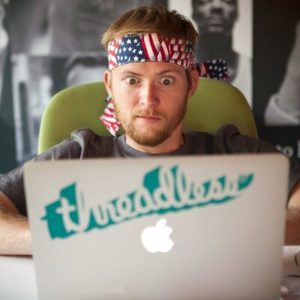Moziah “Mo” Bridges loved to wear three-piece suits as he loved dressing up, but he hated the bow ties that were sold in stores. None of them were stylish enough for his taste to make him look sharp. At 9 years old, he created Mo’s Bows, to solve that problem.
When Mo came up with the idea for Mo’s Bows, his grandmother, a former seamstress, taught him how to sew. Mo, his mother, and grandmother all helped out sewing the ties in the early days of the company and ran the business from their home. He sold his creations to local stores and got attention of national press outlets like The Steve Harvey Morning Show and Oprah Magazine. This helped him land on an episode of Shark Tank in 2014, and got one of the best deals in the show’s history.
He landed a deal with Daymond John as Daymond offered to mentor Mo for free. Daymond said he identified with the young Mo working with this single mother and grandmother out of their house trying to grow their clothing business.
Since 2011, Mo’s Bows has brought in $600,000 in sales. The company now has seven full time employees, including Mo and his mother. He bow ties are still being made my hand in their hometown of Memphis, Tennessee.
This relationship opened up many doors for Mo, like getting his bow tie business in Neiman Marcus and Cole Haan stores. Recently, he scored a 7 figure licensing deal with the NBA to make bow ties for all 30 NBA teams. Daymond taught Mo about giving back, so Mo incorporated this and now has a redemptive side to his company: each year Mo creates a bow tie where all proceeds go to St. Jude’s Research Hospital.
Now at 17 years old, Mo is planning on having a complete fashion line by the time he is 20 years old. He wants to attend The Parsons School of Design in New York City pursuing a degree in Fashion Design. He added new clothing and apparel to Mo’s Bows including neck ties, pocket squares, t-shirts, and hats.
Mo found a problem in his passion of style and fashion and turned it into a $1 million company.
Check out Mo’s Bows here
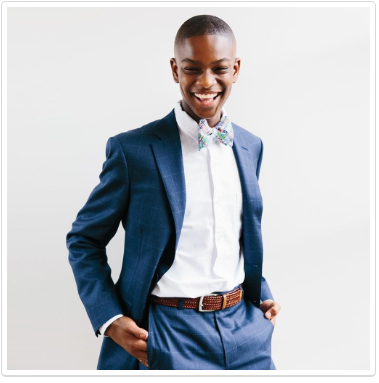


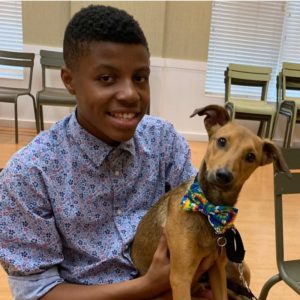
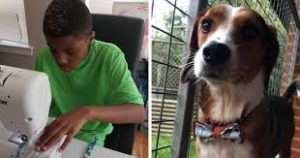
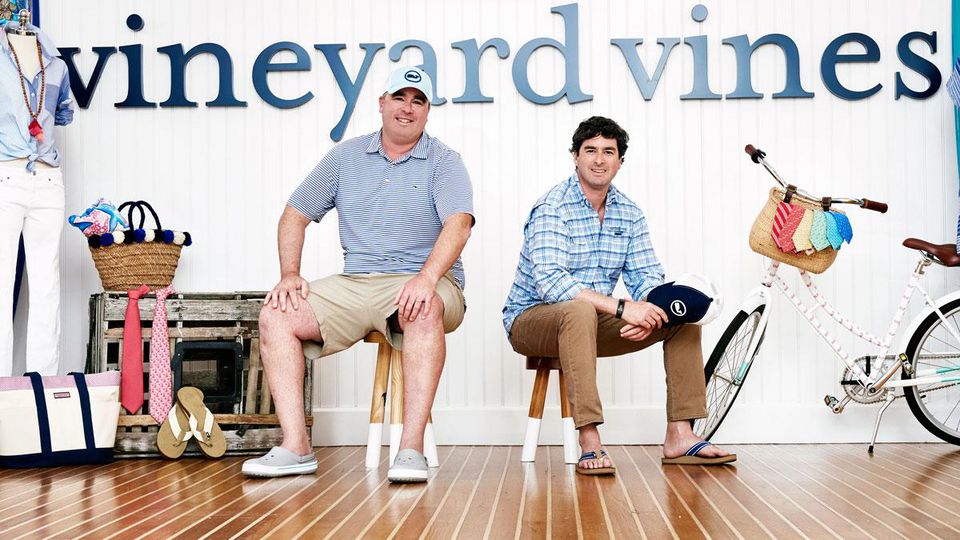

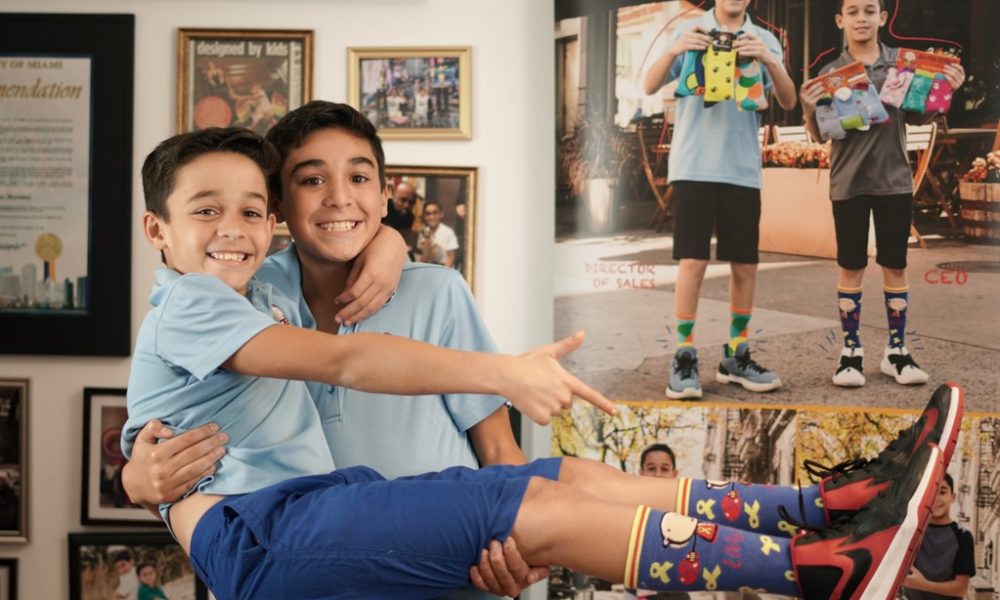 proud CEO while his mother served as president. A few months before becoming official, the Martinez home as well as close friends and families’ homes were bursting at the seams with boxes full of wacky socks. The company become a family bonding experience as Sebastian’s older brother Brandon used his socializing and presentation skills to market the product while Sebastian’s father Fabian’s excitement and energy kept the whole family involved and encouraged.
proud CEO while his mother served as president. A few months before becoming official, the Martinez home as well as close friends and families’ homes were bursting at the seams with boxes full of wacky socks. The company become a family bonding experience as Sebastian’s older brother Brandon used his socializing and presentation skills to market the product while Sebastian’s father Fabian’s excitement and energy kept the whole family involved and encouraged.


 cause, Keller and Quinn expanded their enterprise to incorporate customers directly through a college ambassador program. It began with a bus tour across the nation stopping at college campuses to sell, and then transport the students to local hospitals to deliver the gifts first hand. On top of this, product offerings have broadened to blankets, apparel, accessories, even bling for pets, and beyond.
cause, Keller and Quinn expanded their enterprise to incorporate customers directly through a college ambassador program. It began with a bus tour across the nation stopping at college campuses to sell, and then transport the students to local hospitals to deliver the gifts first hand. On top of this, product offerings have broadened to blankets, apparel, accessories, even bling for pets, and beyond.

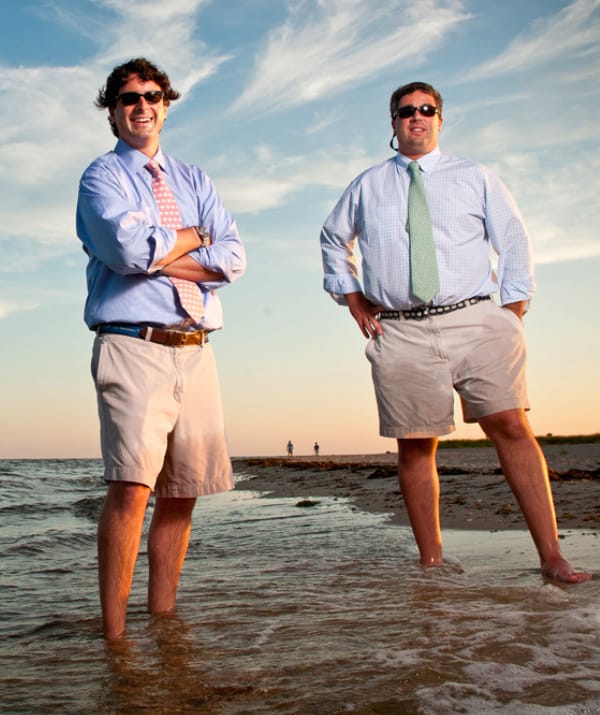 (and used their health plan just as much, they like to say). With their credit cards they used all they could to personally finance their dream of living the good life.
(and used their health plan just as much, they like to say). With their credit cards they used all they could to personally finance their dream of living the good life.